Almost all images created in the past 30 years are still copyrighted. While websites for free images there you will not receive any act.
Copyright gives almost all authors the exclusive right to use or reproduce their work.
However, you can find public domain images, use Creative Commons images that may be useful, or create your own from scratch.
In this article, we provide over 20 different sources and tools for free images, including image search tools, tools to create your images, and more.
Royalty-free images are not necessarily free. Usually, you have to pay a one-time fee to get permission to use the image.
Then you can use it as many times as you want. In “free”, “free” simply means that you don’t have to pay any fees to the image owner each time you use the image.
What is image copyright?
Image copyright is the legal ownership of the images. The person who created the image retains all rights, including the exclusive right to copy or reproduce.
It’s not automatic. The right exists even if the creators do not register their work with the Copyright Office.
Factors used to determine fair use include:
- How many jobs are used? So, for example, quoting a few lines of text is a fairer use than copying a sentence or an entire chapter. For photos, it is more difficult to apply.
- The impact of using the potential of the original product. If you post another image without permission, you will receive likes and other contributions which should go to the original author. It empowers them.
What are Creative Commons?
Creative Commons is a nonprofit organization that has developed licenses that help establish copyrights and copyrights. You may have seen Creative Commons (or CC) licenses on sites like Flickr, YouTube, or Wikipedia.
There are many Creative Commons licenses. They give artists the ability to be specific about how their work will be used. In other words, you can’t assume you can use something just because you have a CC license.
Types of Creative Commons licenses
Here are the different types of CC licenses you can find online. As you read them, keep in mind that marketing is a target market.
Attribution-Non-Commercial-Non-Derivable (CC BY-NC-ND): This license means that the images may be copied and reproduced, but may not be modified and may not be used for commercial purposes. And, as the license name suggests, you must provide assets.
No Attribution (CC BY-ND): You may copy and distribute the images, including for commercial purposes, but you may not modify them. For example, you cannot add, crop, or apply filters to text. Must be able.
Creative Commons Attribution-ShareAlike (CC BY-NC-SA): You may use the image and use it for something new. However, it cannot be used for commercial purposes, and the modified work must be distributed under the same CC license and must be done.
Attribution-Non-Commercial (CC BY-NC): Same as above, but it is not necessary to use the same CC license for the modified work.
Attribution-ShareAlike (CC BY-SA): You may use the image and use it for something new. You can use it commercially, but you must share and share the modified work under the same CC license.
Attribution (CC BY): Essentially all that is required is to provide ownership.
Public Domain/No Copyright: The work enters the public domain if the creator has assigned all rights or if the rights have expired. In Creative Commons, it is listed as CC0 1.0 Universal (CC0 1.0). This is the license you are looking for when you want to work without a license.
When looking for images for commercial use, the safest options are product-only licenses and CC0 1.0 public licenses. A license that includes the word “attribution” means that the author must be credited.
What is the public domain?
Public domain works are works whose rights have expired, are lost, or are no longer enforceable.
Just because you’re looking for something on the internet doesn’t mean it’s in the public domain.
10 Best Websites For Free Images 2025
Here I have shared a list of the 10 best websites for free images.
Unsplash
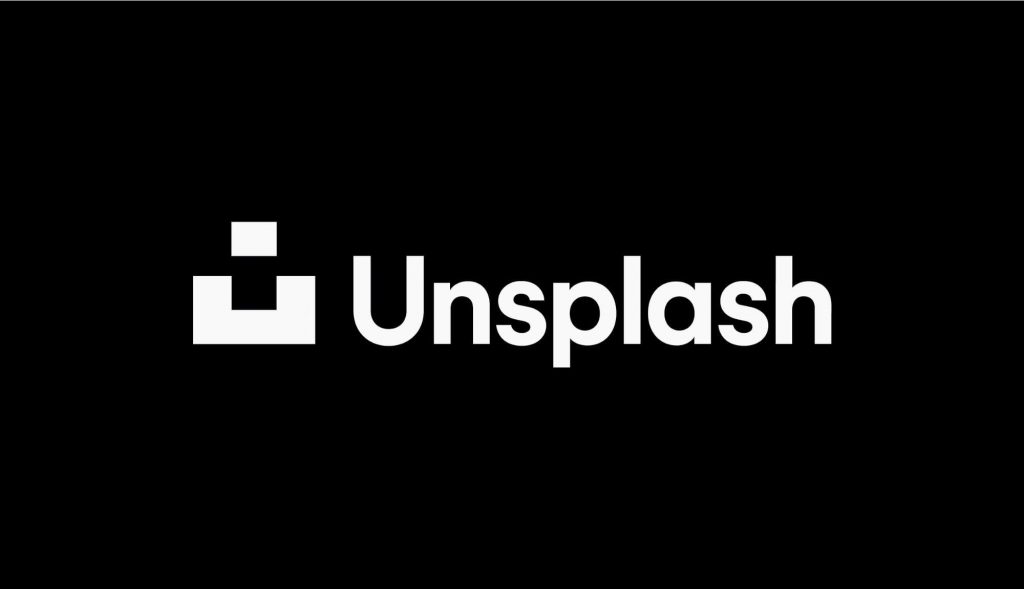
Unsplash has its license to use default free images as you wish, except to use them to create competitive websites.
Burst
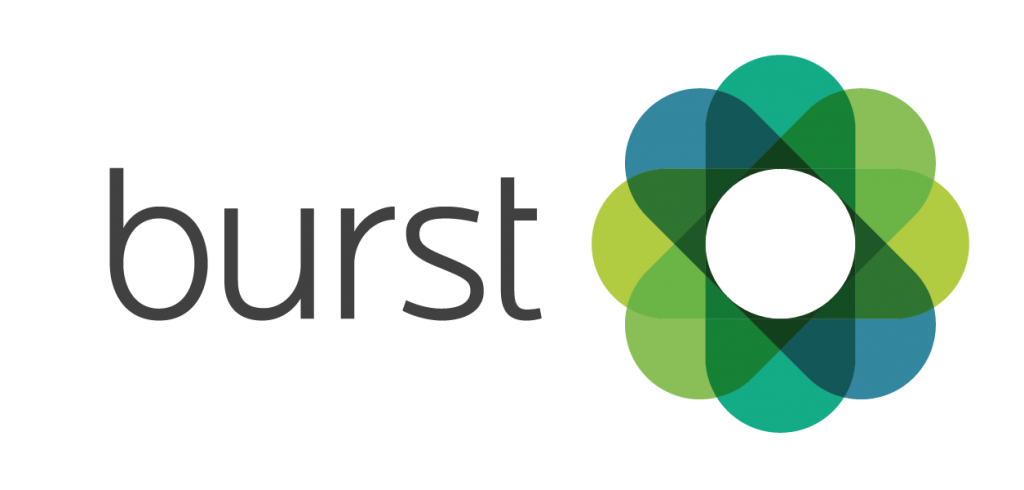
Burst is Shopify’s free stock photography app for business owners. Images are free and have no value. (Burst has great business ideas with photo tips and solutions for starting a business.)
Pexels
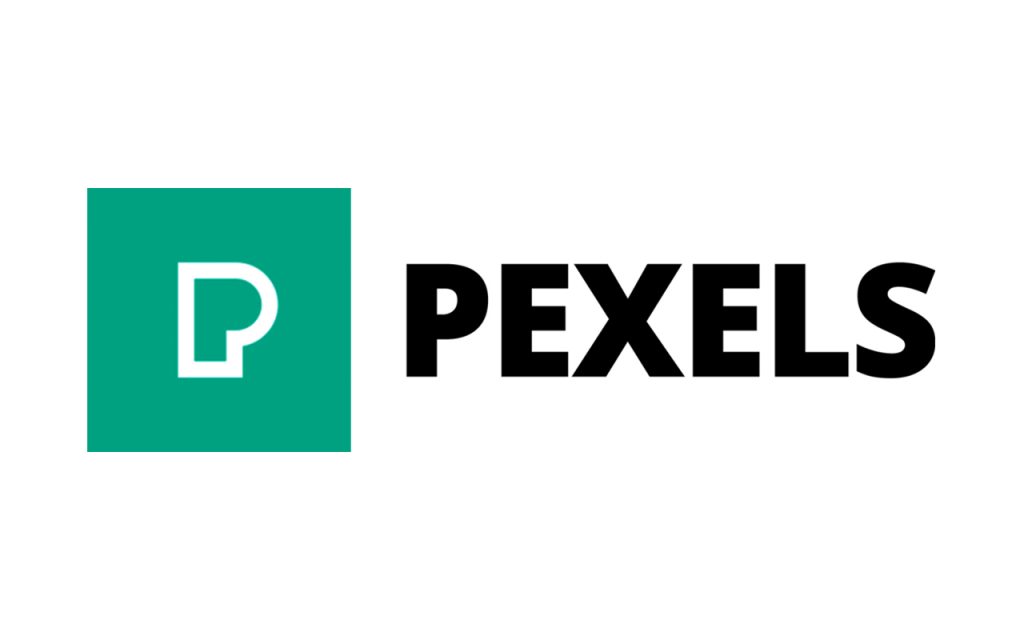
Pexels also has its license which states what you can and cannot do with your photos.
You can use and modify free images for commercial and personal purposes without any restrictions.
Pixabay

Pixabay is another one of the best websites for free images. Image from Pixabay under CC0 license (Creative Commons Zero).
This means you can use the image without asking permission or giving credit to the artist (although thanks as always). Pixabay provides sales reports to ensure that the content of the images does not infringe.
Free Images

Free Images provides over 300,000 free stock images under its license. The license allows a very broad range of uses, though it does list several restricted use cases (which are quite common for most free image sites).
Kaboompics

Kaboompics uses its license similar to Creative Commons Zero, except images may not be reproduced.
There are two things I love about Kaboompics. One is that you can search by color, and the other is that it provides an additional color palette for your photos.
Stocksnap.io
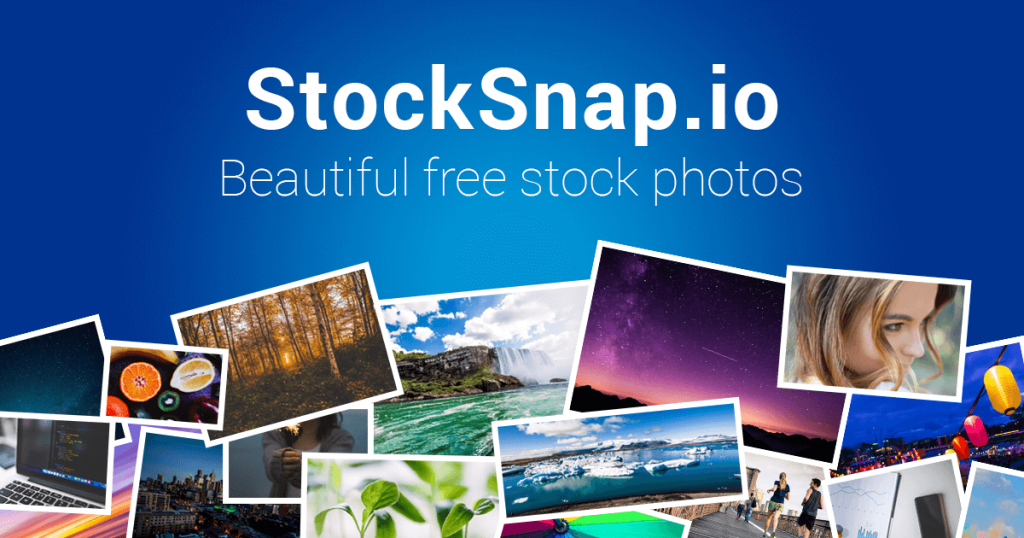
Stocksnap uses the Creative Commons CC0 license so that you can download, edit and use your images for free for commercial and non-commercial purposes.
Canva

Canva is an online graphic design tool that also offers free images. One of the great things about Canva is that you can quickly turn your photos into custom images to use on social media or blogs.
Life of Pix
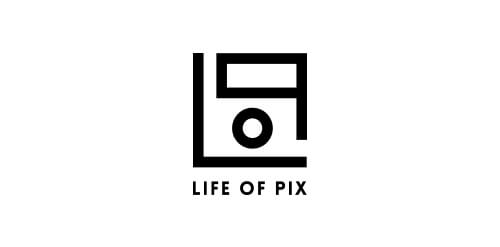
Life on Pix offers free happy images and cooperates with Adobe Stock for many (paid) images.
Gratisography
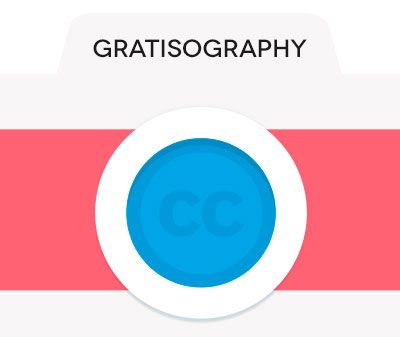
Gratisography also has its free image license to do “almost anything you can imagine”.
Now I have very few photos, but most of them are good photos that I will use.
What are the consequences of copyright infringement on social media?
If you are found to be violating someone else’s rights to your social media content, the first response will be a takedown letter.
A letter from a lawyer ordering you to stop using the photos and remove them from your account.
You can also ask the company that owns the copyrighted image to pay a royalty representing your lost profits.
If we delete the image immediately and offer our sincere apologies, we will not be able to continue.
However, if you make money from someone else’s image or use it in a particular crime, you can be prosecuted. Alternatively, your account may be closed if it has been reported to multiple illegal sites on social platforms.